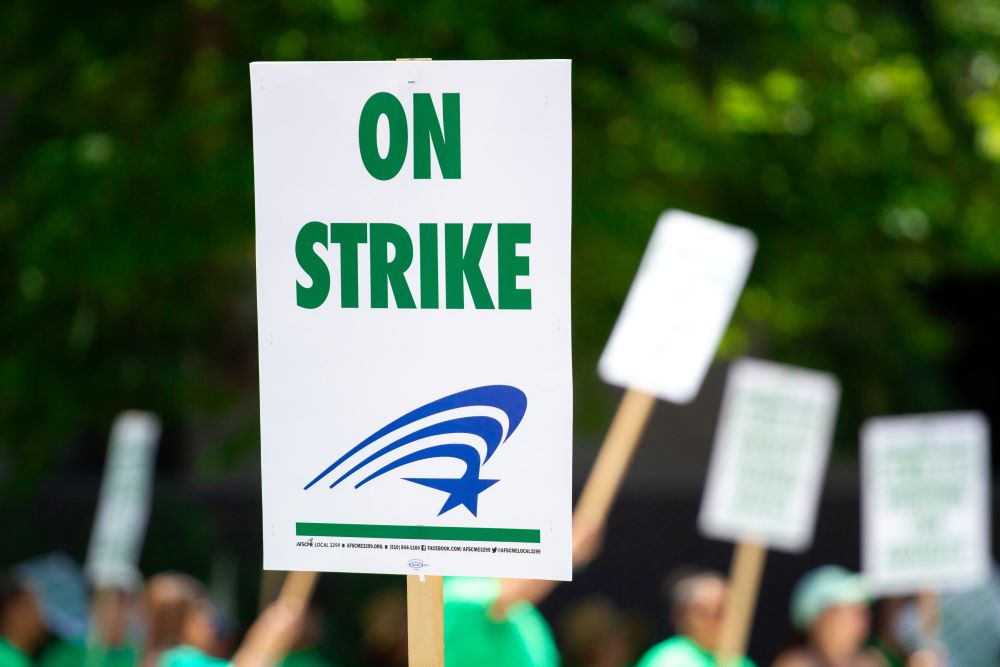Patient appointments are postponed as junior doctors go on strike.
Junior doctors in the early stages of their careers in England have initiated a strike in an ongoing dispute with the British government over their pay levels. This action is anticipated to cause significant disruption in the National Health Service (NHS), leading to the postponement or cancellation of thousands of appointments and procedures.
Junior doctors, who form about half of the NHS medical workforce, are pushing for a 35% salary boost, emphasizing that this figure considers years of insufficient raises and aims to avert a potential migration of healthcare workers to other nations. The workers have voiced concerns about being overburdened, especially in the aftermath of the pandemic, and not receiving sufficient compensation. Much of the healthcare workforce has cited similar concerns as of late.
In response, the government proposes an average pay hike of only 8.8%, with Prime Minister Rishi Sunak signaling acknowledgment of the concerns but a reluctance for additional concessions.
Amid the ongoing strike, patients are being alerted about the potential for disruptions, and hospital operations are expected to provide minimal care akin to public holidays, where only emergency procedures are available, and routine appointments or procedures face postponement or cancellation.

On the picket line at University College Hospital in London, 30-year-old Hamish Bain expressed understanding for the public’s concerns about missing appointments but emphasized the critical need for action to secure the future availability of doctors. He stressed that without intervention, the shortage of doctors would exacerbate in the coming years, leading to more prolonged and challenging appointment schedules.
The NHS leaders have conveyed their disappointment over the breakdown of talks between the British Medical Association (BMA) and the government. They emphasized that the renewed industrial action comes at the “worst possible time” for the health service, coinciding with the seasonal increase in winter pressures, including rising cases of flu and COVID-19.
While senior consultant doctors and other medical professionals in the BMA have reached agreements with the government, the junior doctors’ strike continues. Members are currently voting on whether to accept the proposed deal. Hospitals, during the strike, will operate with minimal services, resembling public holidays, with emergency procedures available, and routine appointments deferred.
The series of strikes across the NHS, initiated last year, has already impacted over a million appointments and procedures, incurring a cost of approximately £2 billion ($2.5 billion). The situation remains tense as the government and junior doctors remain at an impasse, setting the stage for further disruptions and challenges in the health service.
The ongoing clash between junior doctors and the British government over pay levels has intensified; however, the parties are far from reaching any sort of reasonable conclusion and meeting each other’s demands. There is still a significant gap between what the doctors are hoping to receive and what’s been suggested to remedy the situation. As patients endure postponed appointments, the dispute raises concerns about the potential long-term impact on healthcare staffing. With the NHS facing winter pressures exacerbated by flu and COVID cases, the disruption underscores the urgent need for a resolution to safeguard the nation’s healthcare future.
Sources:
Doctors in England begin a 3-day strike over pay at busy time of the year in National Health Service


Join the conversation!